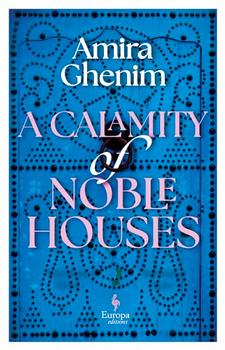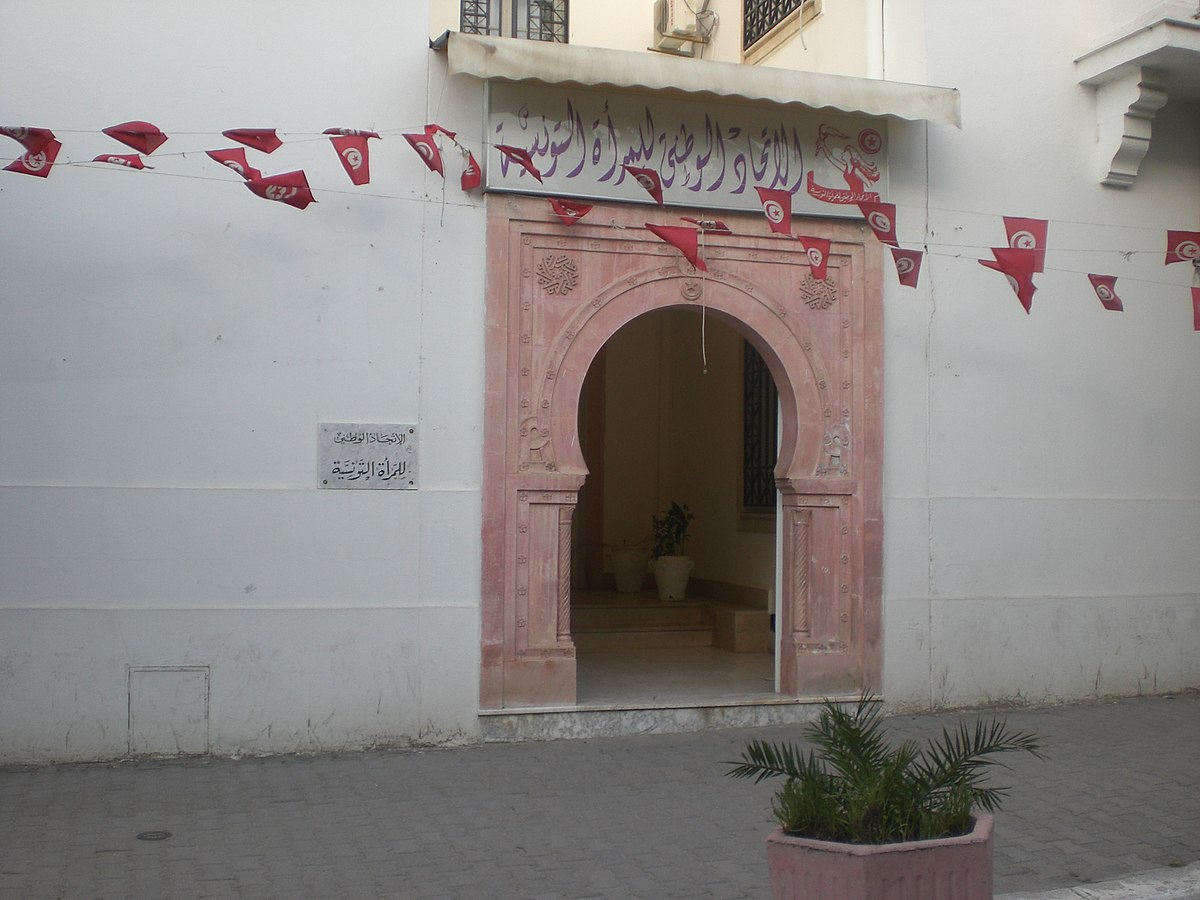Summary | Excerpt | Reviews | Beyond the Book | Read-Alikes | Genres & Themes | Author Bio

This article relates to A Calamity of Noble Houses
 The Republic of Tunisia is a small country in Northern Africa. It was the birthplace of the 2010-11 Arab Spring movement, which saw uprisings due to economic hardship and corruption. Though much of the world was taken off guard by the unrest, Tunisia has always been forward-facing. Once a protectorate of France, it gained its independence in 1956. Moves toward gender equality followed. Women were granted certain rights regarding marriage and custody via a set of laws known as the Personal Status Code (PSC), which eliminated polygamy and clergy intervention in family affairs, identified a legal age women could marry and outlawed forced marriages, and gave women guardianship of children in the event of their father's death. The National Union of Tunisian Women was created to implement the changes.
The Republic of Tunisia is a small country in Northern Africa. It was the birthplace of the 2010-11 Arab Spring movement, which saw uprisings due to economic hardship and corruption. Though much of the world was taken off guard by the unrest, Tunisia has always been forward-facing. Once a protectorate of France, it gained its independence in 1956. Moves toward gender equality followed. Women were granted certain rights regarding marriage and custody via a set of laws known as the Personal Status Code (PSC), which eliminated polygamy and clergy intervention in family affairs, identified a legal age women could marry and outlawed forced marriages, and gave women guardianship of children in the event of their father's death. The National Union of Tunisian Women was created to implement the changes.
In the 1990s, the Nationality Code was updated to allow Tunisian mothers to pass citizenship to children born to non-Tunisian fathers. In the 2014 Constitution, in response to the Arab Spring, women were granted gender parity. A 2017 law addressing violence against women recognized marital rape and dictated that a rapist's marriage would end because of his crime, freeing his survivor from his abuse and control, and making the state responsible for the rape survivor's well-being. In the same year, Tunisian Muslim women were granted the right to marry non-Muslim men.
Before Tunisian independence, a conservative interpretation of Islam was how disputes were handled and this restricted women's rights in all spheres of life, most notably around divorce, marriage, and children. The novel A Calamity of Noble Houses by Amira Ghenim is a story of two families, one conservative and one more contemporary. It highlights the divide between fundamentalist Islamists and modern progressives in the country.
The Rassaas educate their daughters to be dynamic women while the Ennaifers believe girls should not go to school and women should be silenced. The central events of the novel take place in the mid-1930s, with time-frame jumps to post-Tunisian independence in small sections.
Mhammed Ennaifer, who is staunchly aggressive as a political activist, hears of the Personal Status Code and is bitter. "Did we kick France out of the country for this?" He was raised by a conservative father who believed women needed to ask for permission. Mhammed's mother hadn't approved of the family Mhammed's brother Moshen married into, particularly the mother, Bashira, who she considered bossy and oppressive. Reflecting on her fears, she says: "I was worried Zbaida might make him her play thing if she followed her mother's style in controlling and oppressing her husband."
While that sort of trope of assertive womanhood was rampant in the '30s and '40s, in more contemporary times, and following the Arab Spring, the data reflects female independence. Tunisian women have a literacy rate of 72%. In A Calamity of Noble Houses, the maid Luiza is illiterate. The explosive event at the center of the narrative revolves around a letter Luiza takes possession of but can't read, and so assumes it says something scandalous. Ninety years later, Luiza might have been able to know the actual contents of what was written to Zbaida Rassaa.
There are other advancements. Women hold 36% of parliamentary seats, for example, and make up 42% of municipal councils, figures that outstrip equivalent positions for women in the United States. But in recent years, women's rights in Tunisia have had a troubling slide. The 2017 violence against women law was watered down and the implementation was only partially effective. Gender quotas were removed before the 2022 elections. Tunisia's ranking in gender equality has plummeted, dropping from 90th to 124th in the years between 2006 and 2020. Women only account for 24.6% of the employed despite their dominant presence in higher education, comprising 67% of graduates. Only 23.3% of new housing loans are made to women and they continue to face various forms of violence and abuse.
Tunisia is, by far, the gold standard for women's independence in the Arab world, but Tunisian women's status needs to be protected on a continual basis so that the gains and freedoms they have achieved won't quietly disappear.
Headquarters of the National Union of Tunisian Women in Tunis (2009)
Photo by م ض (CC BY-SA 3.0)
Filed under Places, Cultures & Identities
![]() This article relates to A Calamity of Noble Houses.
It first ran in the February 26, 2025
issue of BookBrowse Recommends.
This article relates to A Calamity of Noble Houses.
It first ran in the February 26, 2025
issue of BookBrowse Recommends.
A book is one of the most patient of all man's inventions.
Click Here to find out who said this, as well as discovering other famous literary quotes!
Your guide toexceptional books
BookBrowse seeks out and recommends the best in contemporary fiction and nonfiction—books that not only engage and entertain but also deepen our understanding of ourselves and the world around us.